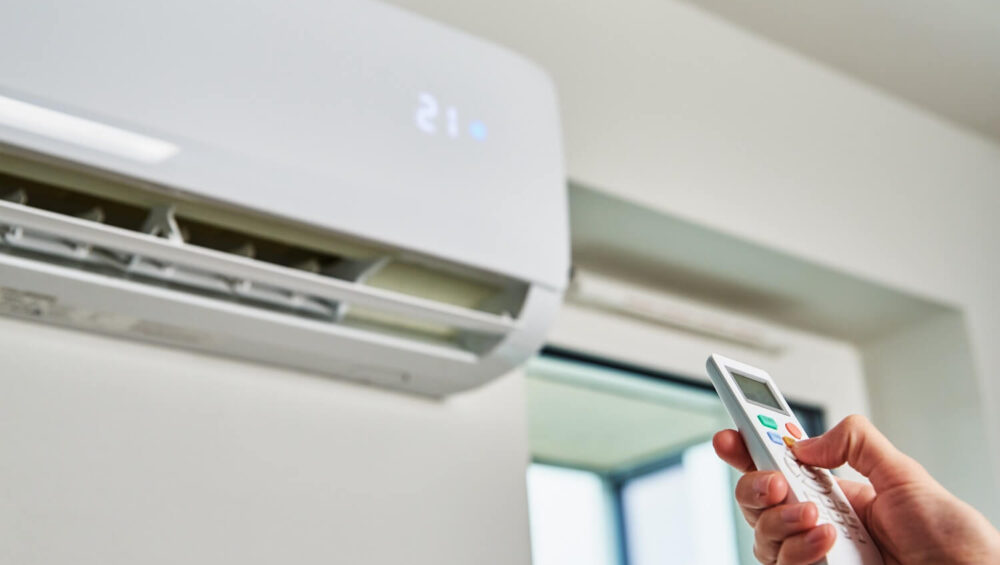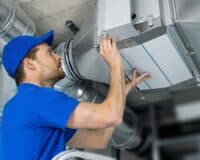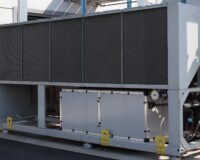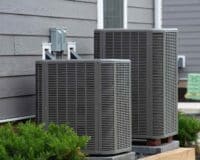Homeowners often ask about the average lifespan of air conditioning units when looking for a new one or encountering issues with their current system. Even though major manufacturers like Carrier prioritize reliability by testing and improving their AC units, the answer to this question can be complex. Proper maintenance and care can extend the life of your air conditioner by 15 to 20 years. However, various factors can either increase or decrease its lifespan. It ultimately depends on the unit and the homeowner’s understanding of when it becomes irreparable.
Factors impacting your HVAC’s life
Use
To clarify, it would be more helpful to ask, “What is the average lifespan of an air conditioner in your region?” The amount of use an air conditioner gets can impact its wear and tear. For instance, if you compare two identical AC units installed in different parts of the country, the one in a region with mild summers will likely have less hours of use and fewer start/stop cycles compared to one in a hotter and more humid climate. If you install an AC system in a northern climate with moderately warm summers, it is likely that the system will run and start/stop fewer times compared to a system installed in a warmer and more humid climate. However, personal preference can also affect this.
Upkeep
Your air conditioner can last longer if you take care of it properly. Have you had a licensed HVAC technician tune it up recently? Are you regularly inspecting or replacing the air filter? Do you make sure the outdoor unit is clean and free from debris? Checking these things will help you understand how well you are maintaining your AC system. To improve the energy efficiency and lifespan of your cooling system, regular maintenance is highly recommended. While homeowners can inspect and clean or replace air filters, an HVAC professional can conduct more comprehensive tune-ups. They can clean and inspect various components, including the compressor, evaporator coil, condenser coil, fan and motor assemblies, and condensate drains.
Exposure to Elements
The outdoor condensing unit of an HVAC system is exposed to year-long weather conditions, which can vary based on your location and air quality. For instance, if you reside near a coast, the salty sea air can potentially damage the unit’s condensing coil. Although air conditioners are designed to endure harsh elements, the length of time they remain exposed and the severity of the conditions can impact their lifespan. Make sure to clean the coil of your outdoor AC unit regularly in order to prevent the accumulation of dirt and potentially corrosive debris that could damage the system. Also, remove any leaves, pine needles, mulch, trash or other items that might be gathering around the unit and causing unwanted moisture to build up inside. If you decide to cover your outdoor unit, make sure you use a breathable material that won’t trap moisture, mold, and mildew inside. Otherwise, plastic covers can create rust and corrosion by trapping moisture. Alternatively, cover only the top of the unit to allow airflow through the sides.



